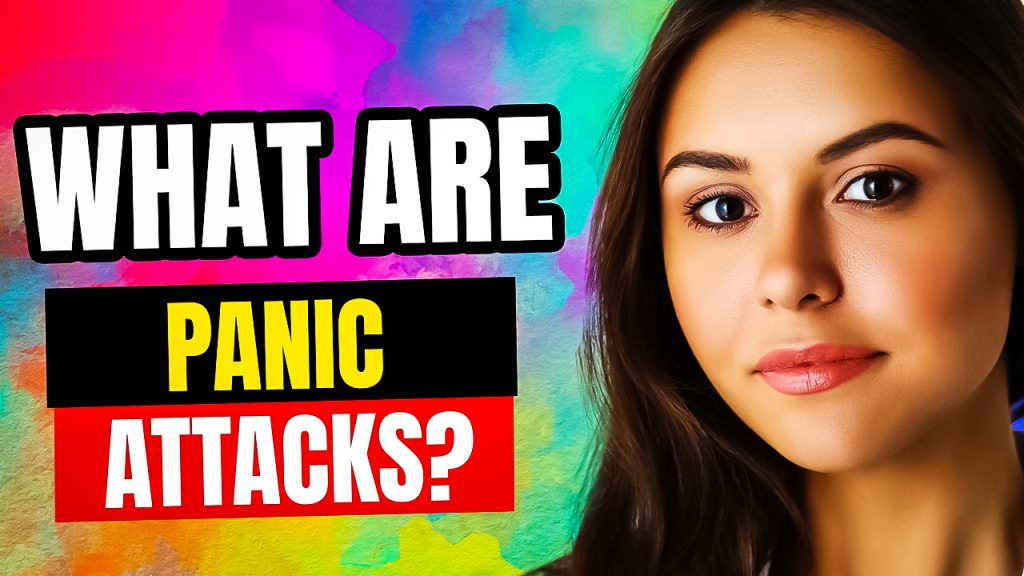
Panic attacks are intense episodes of overwhelming fear and anxiety that can be debilitating and frightening. They typically come on suddenly and can occur without warning, leaving the person feeling out of control and helpless. Panic attacks can be very distressing and can have a significant impact on a person’s quality of life if left untreated.
During a panic attack, a person may experience physical symptoms such as rapid heartbeat, sweating, shaking, shortness of breath, chest pain, dizziness, and nausea. They may also experience psychological symptoms such as intense fear, dread, and a feeling of impending doom. Panic attacks can be triggered by a specific situation or can occur without any apparent cause.
The onset of panic attacks can be gradual or sudden, and they can last anywhere from a few minutes to several hours. Some people may only experience one or two panic attacks in their lifetime, while others may have frequent episodes that interfere with their daily functioning.
There are several different types of panic attacks, including situational, unexpected, and nocturnal. Situational panic attacks occur in response to a particular situation, such as public speaking or flying. Unexpected panic attacks can occur at any time and without warning. Nocturnal panic attacks occur during sleep and can wake the person up in a state of terror.
Panic attacks can be caused by a variety of factors, including genetics, brain chemistry, and environmental factors. They can also be triggered by specific events or situations, such as the loss of a loved one, a traumatic event, or a significant life change.
People with panic disorder may experience frequent and recurring panic attacks that are not directly related to a specific trigger. Panic disorder is a type of anxiety disorder that is characterized by the presence of recurrent and unexpected panic attacks, along with the persistent fear of having another attack.
Other anxiety disorders, such as social anxiety disorder and generalized anxiety disorder, can also lead to panic attacks. People with these conditions may experience panic attacks in response to specific triggers or as a result of ongoing worry and stress.
Treatment for panic attacks typically involves a combination of medication and psychotherapy. Medications such as antidepressants and anti-anxiety medications can help reduce the severity and frequency of panic attacks. Psychotherapy, such as cognitive-behavioral therapy, can help people learn to manage their symptoms and develop coping strategies.
In addition to medication and psychotherapy, there are several self-help strategies that can be effective in managing panic attacks. These include deep breathing exercises, progressive muscle relaxation, and mindfulness meditation. Engaging in regular exercise and getting enough sleep can also help reduce the frequency and severity of panic attacks.
If you or someone you know is experiencing panic attacks, it is important to seek professional help. Panic attacks can be very distressing and can have a significant impact on a person’s quality of life. With the right treatment and support, however, it is possible to manage and overcome panic attacks and lead a fulfilling life.
In conclusion, panic attacks are a common and distressing experience that can be caused by a variety of factors. They can be debilitating and can have a significant impact on a person’s quality of life if left untreated. However, with the right treatment and support, it is possible to manage and overcome panic attacks and lead a fulfilling life. If you or someone you know is experiencing panic attacks, it is important to seek professional help as soon as possible.
This Post is Brought To You By BetterHelp